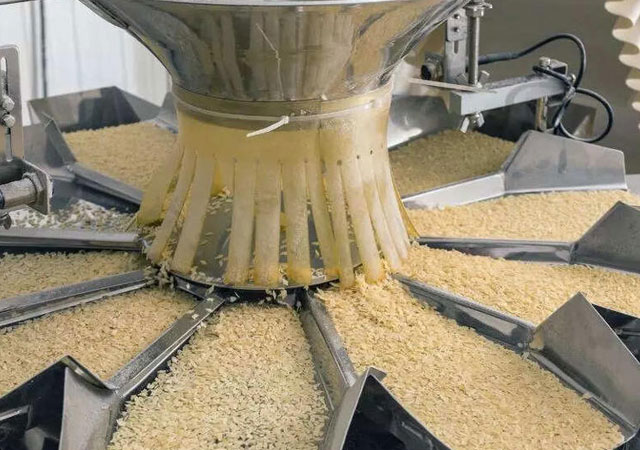The Institute for Fiscal Studies (IFS), a leading public policy think tank, will present a new study on the rice sector to a gathering of stakeholders in Accra on Wednesday.
Entitled “Increasing Importation of Rice in Ghana: Can the Country Transform Its Fortunes in the Rice Sector?” the study examines the challenges and potentials of rice production against the backdrop of the country’s accelerating consumption of the cereal, which consistently outstrips domestic supply.
Data from the Ministry of Food and Agriculture (MoFA) show that yearly per-capita consumption of rice increased from 12.4 kg in 1980 to 14.5 kg in 2000. In the 2000s, consumption began to accelerate, such that by the end of 2010, per-capita consumption of rice had increased to 32 kg. And by the end of 2022, it had reached as high as 61.05 kg.
Owing to the inability of domestic production of rice to meet consumption, rice importation is significant and has long been a serious issue of concern for the government, due to its balance of payments, exchange rate, and food security implications. Therefore, the government has pursued strategies over the years to try to stem it. Yet, data reveal that rice importation continues to grow, and it has assumed alarming proportions in recent years.
Therefore, the questions that the study by the Institute addresses are as follows: What specific strategies have been pursued over the years to stem rice importation in Ghana?
How large is import of rice and to what extent has it responded to the strategies of the government? What are the causes of the growing importation of rice in Ghana despite the strategies pursued over the years? And can the country transform its fortunes in the rice sector by addressing the factors that limit performance?
The study’s findings and recommendations will be shared with stakeholders, who include government officials, rice sector players, other research bodies, and agricultural associations and chambers.
The Institute aims to use the engagement to reinvigorate efforts to transform the rice sector, as well as the broader agricultural economy, to drive the country towards satisfying its basic food needs with reduced reliance on imports.














© Copyright 2025 The SSResource Media.
All rights reserved.